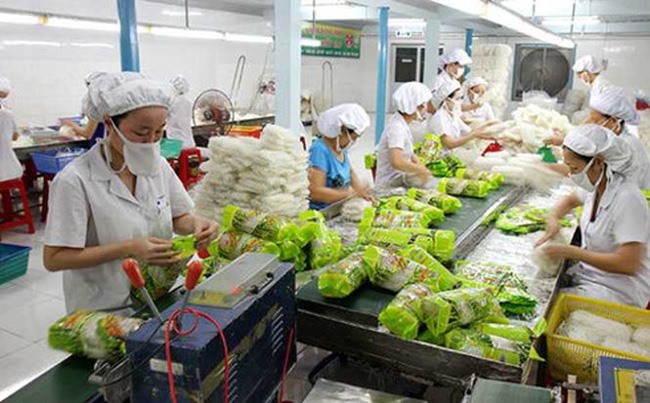Untapped vegetable, fruit growers to get export market soon

Pickle industry seeks cut in GST
February 16, 2018
छत्तीसगढ़ बजट के केंद्र में भी कृषि
February 16, 2018IANS
New Delhi, 16 Feb 2018
Quality agriculture commodities that have remained unnoticed by the outside world are set to foray into the international markets as the government wants to tap unexplored areas to boost exports and ensure better returns for their farmers.
“Our plan is to tap the areas where the quality of vegetables and fruits is worth exporting but farmers do not have required markets. Even if farmers get additional Rs 1 per kg, it means a lot to them,” Agricultural and Processed Food Products Export Development Authority (APEDA) Chairman D.K. Singh told IANS.
Thus, chillies from Varanasi, chinia bananas from Bihar, mandarin orange from Arunachal Pradesh, pineapple from Tripura and banana from Akola of the Vidarbha region are currently on the APEDA’s list.
Singh said the successful air-transport of 1.5 tonnes of chillis from Varanasi to Dubai last December had provided farmers assured market and better returns in addition to encouraging the export authority to expand the scope of the move.
“Farmers from Varanasi are happy as they earned about Rs 100 more per quintal. The exported chilly was issued a health certificate and so it was well-accepted in Dubai. In Arunachal Pradesh, mandarin oranges are sold for just 10 paise per kg in the local markets, which means farmers can earn far more through exports,” Singh told IANS.
Once regular exports from such unexplored areas start, it will boost the local economy and create employment through allied activities such as transportation and warehousing, he added.
At present, Maharashtra and Gujarat dominate the export space as they have proper post-harvest management facilities and strong transport connectivity — and farmers are well aware of the benefits, the Chairman said.
“In other states, the local governments are more focused on inputs such as seeds, fertiliser and crop output. They need to focus on creating post-harvest management facilities such as packaging, grading and sorting,” he said.
Singh said the APEDA was in discussions with the states for creating such facilities.
“We need vegetables or fruits of the same size, same colour and uniform shape for export. We are sensitising the state governments on this. We have a scheme where the central government takes care of 40 per cent of funds required to build such infrastructure,” he said.
There are challenges before the APEDA to make transporting export-oriented commodities from areas with poor connectivity with the twin objectives of cost-effectiveness and fast delivery.
If APEDA uses air transport for fast delivery to ensure that the freshness remains intact, it adds substantially to the final cost — thus making commodities vulnerable in the cost-competitive global market.
Transportation through the sea-route will keep the final cost affordable, but there are chances of fruits and vegetables rotting as the travel time is quite long about five-seven days in the case of Dubai.
Dubai is a major importer of fruits and vegetables from India and is also stepping up its activities as a distribution hub to other Gulf countries.
————————————————————————————————————————————-


